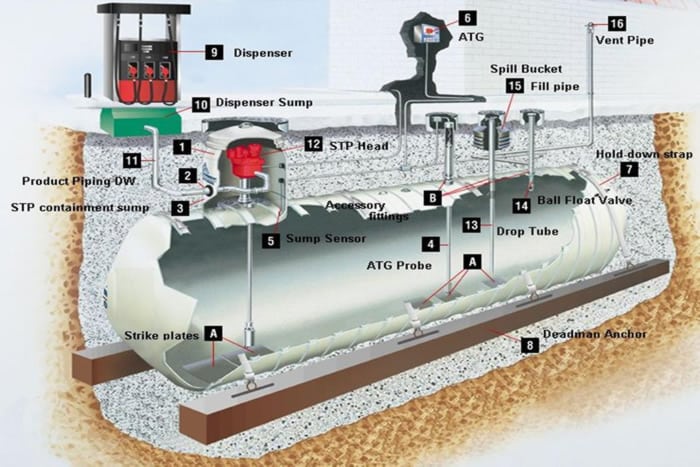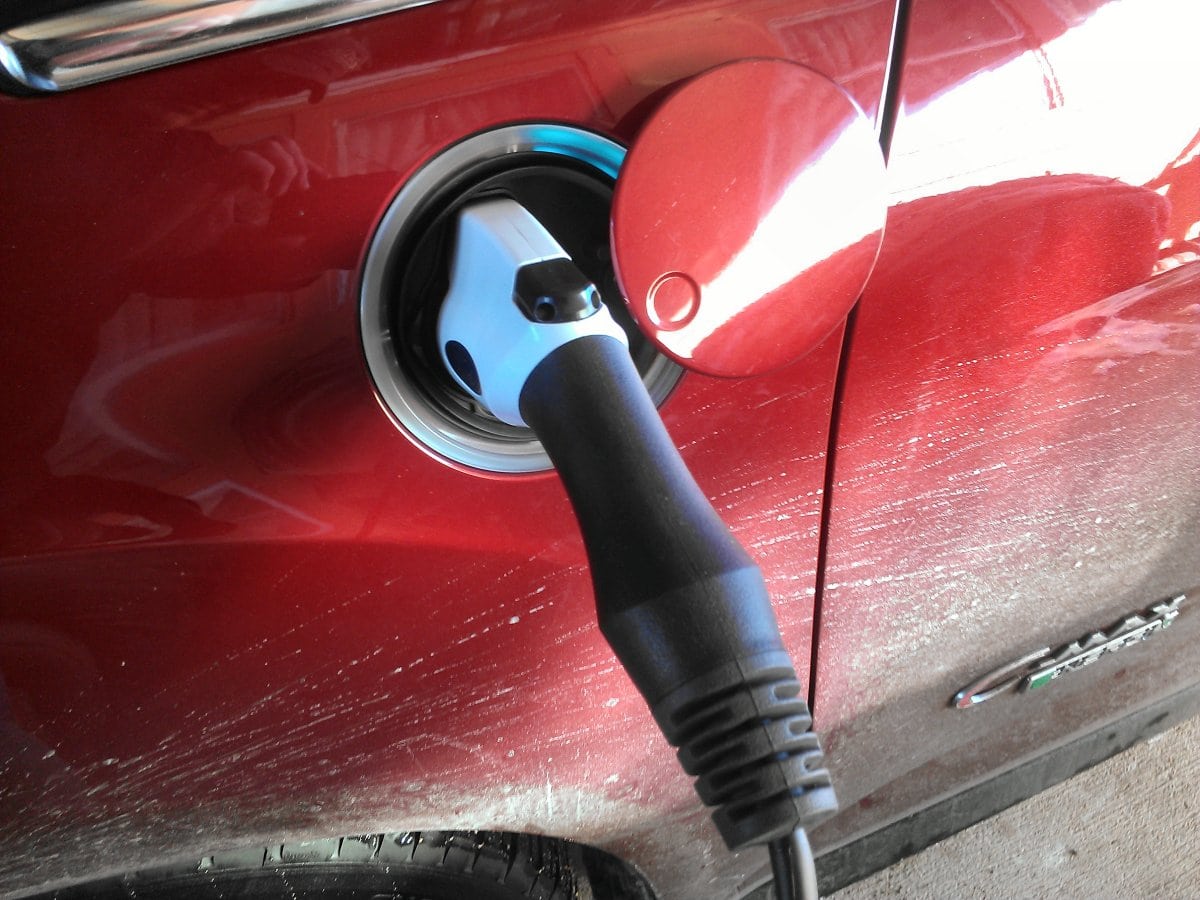Field inspectors in nine states have reported many rapidly-corroding underground storage tank components. This prompted the National Institute of Standards and Technology (NIST) to conduct a laboratory study to pinpoint why and how this corrosion takes place. Their study results were released and is being published Corrosion Science.
The incidents reported by field inspectors involved gasoline-ethanol blends and the presence of Acetobacter aceti, a bacteria which converts ethanol to acetic acid (found in vinegar). The vapors of this acid can eat through a millimeter of steel alloy in a year.
The NIST finding has meant that they’ve changed their recommended component change intervals for underground gasoline storage tanks. These smaller intervals will mean many fuel sellers will have to replace submersible pump casings and similar steel-based components more often, usually at a cost of $1,000 to $2,500 each. The underground tanks themselves, if of older, steel construction, may also require replacement as would other metal parts such as pipes and more.
An earlier NIST study had also found ethanol to be a big part in premature pipe cracking.








